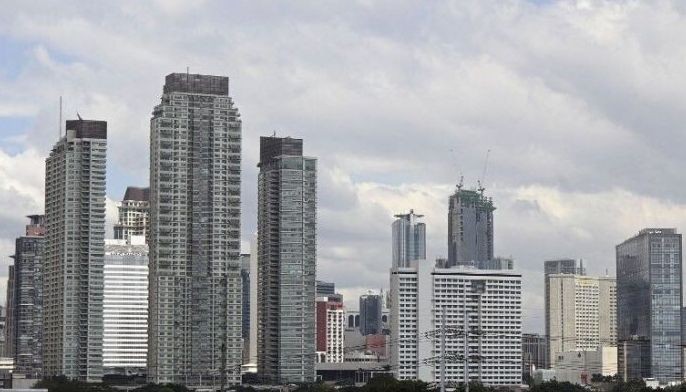MANILA, Philippines — A labor coalition said yesterday that the government’s revival of holiday economics will not benefit workers because their meager income is not enough to sustain their basic needs.
The Nagkaisa labor coalition was reacting to Proclamation No. 90 signed by President Marcos last Nov. 11, which aims to promote “spending economics at a time workers need more jobs and extra source of income to meet their families’ basic food and non-food requirements.”
“There is a need to adjust these holidays pursuant to the principle of holiday economics wherein a longer weekend will help encourage domestic travel and increase tourism expenditures in the country,” Marcos said in the proclamation.
Partido Manggagawa chairman Renato Magtubo said the latest statistics on the rise in the number of underemployed underpin workers’ need for more income to fight soaring inflation.
“The most pressing concern of the working class today is their capacity to spend above their basic needs, thus, poverty wages would prevent them from enjoying holiday economics,” Magtubo said in a statement.
He added, “If President Marcos really wanted to perk up the economy, he should join workers in asking Congress to legislate a wage hike as well as establish a robust public employment program to shore up the income of every Filipino.”
Annie Geron of the Public Services Independent Labor Confederation said: “The wage hike must also cover the tens of thousands of public sector workers under contractual and casual arrangements whose pay scales are even lower than the poverty threshold of P12,000 per month.”
The coalition also hit the inclusion of Bonifacio Day and Araw ng Kagitingan (Day of Valor) into the package, saying “it sweeps aside the historical value of the two holidays on the country’s struggle for freedom in exchange for commercial value the tourism industry would gain from such historical revision.”
Nagkaisa chairman Sonny Matula said “there are many ways to promote local tourism like increasing the government’s budget for developing green infrastructure and creating green jobs in tourism areas but revising history should never be part of this menu.”
“Like Labor Day, Araw ng Kagitingan and Bonifacio Day are significant days dear to workers, and the trade union movement is committed to commemorate the struggles on their historical dates and not on the revised commercialized dates dictated by holiday economics,” said Matula.
CHR commends gov’t aid to workers
Meanwhile, the Commission on Human Rights (CHR) commended the government for the provision of financial assistance to workers harmed or killed on duty in times of calamity or disaster.
Specifically, it lauded the Employees’ Compensation Commission (ECC)’s program which is extended to government workers, private sector employees, self-employed individuals, house helpers and sea-based overseas workers.
For government workers, all compulsory members of Government Service Insurance System, including uniformed personnel, are qualified to receive financial assistance if they suffer work-related sickness, injury, or death when responding to or working during a calamity.
For those in the private sector, the companies can apply for calamity assistance on behalf of the employees through the Social Security System.
The benefit for government personnel is P200 per day while employees in the private sector can claim up to P480 per day. – Elizabeth Marcelo


